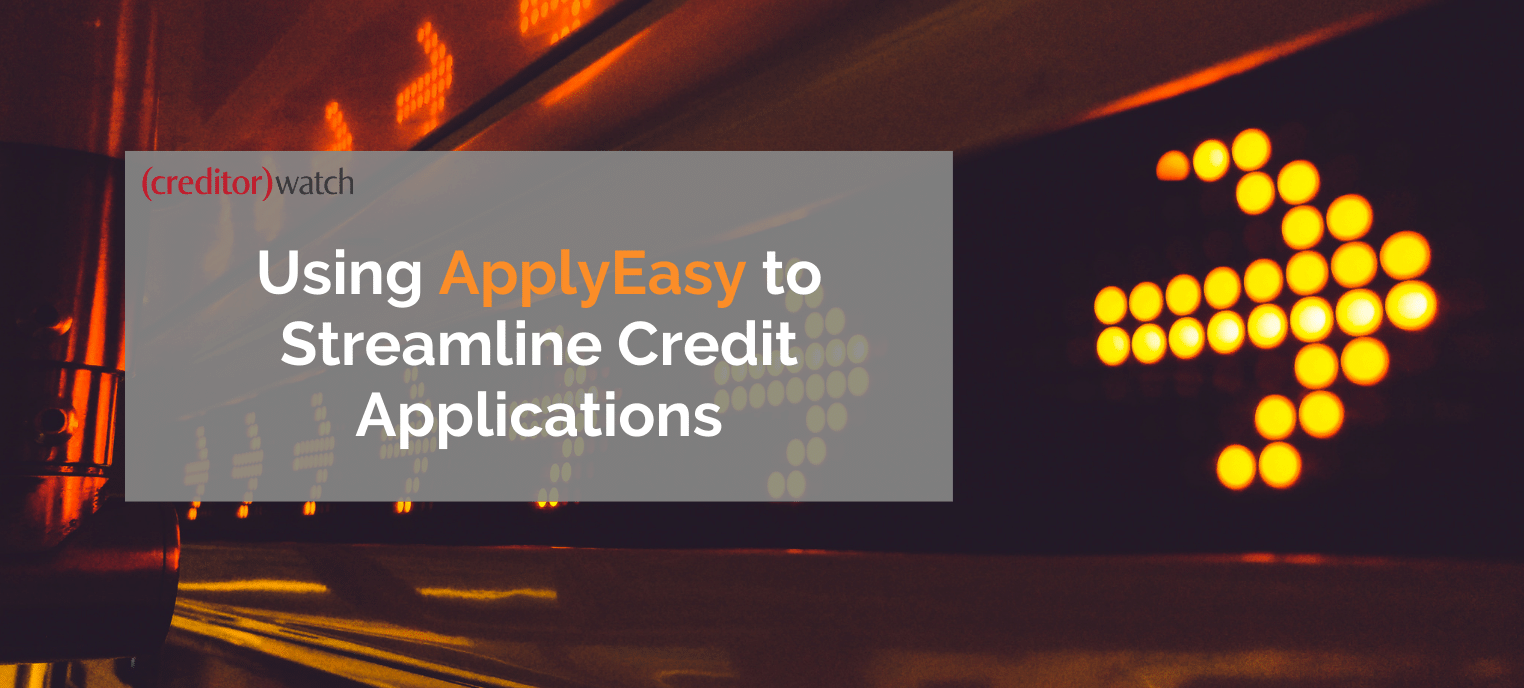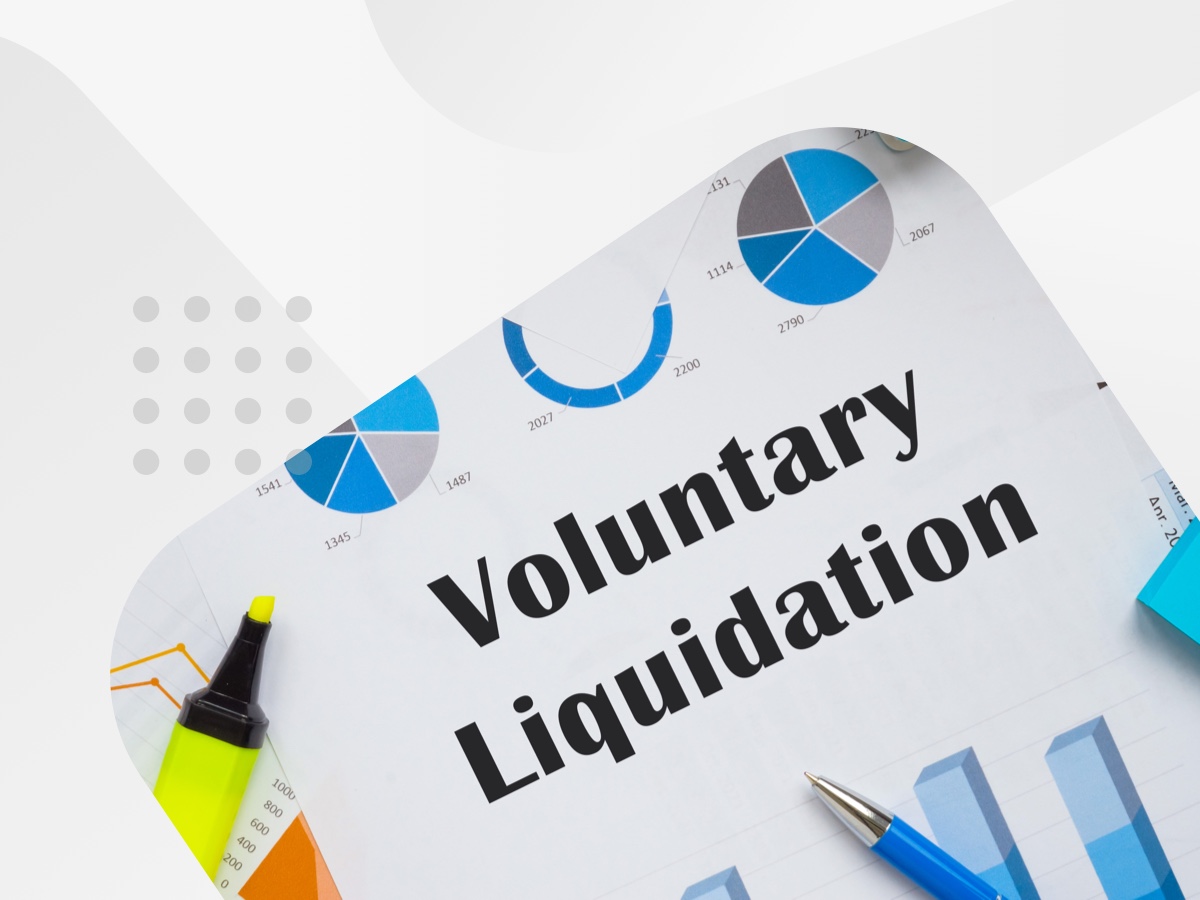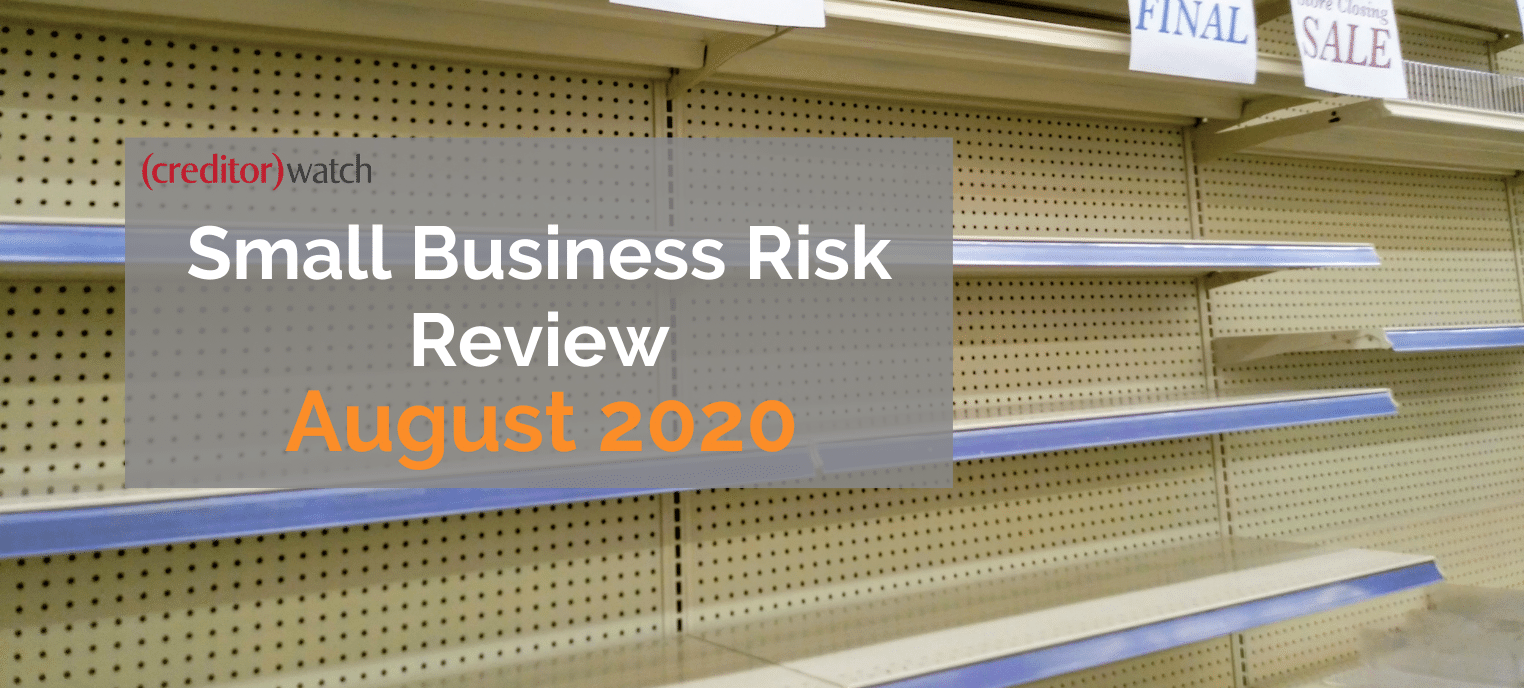Separating fact from fiction for creditors during COVID-19
The Federal Government has recently released a number of temporary relief measures that affect the rights of creditors and debtors alike.
Combined with news saturation and public misinformation and confusion, it can be hard to find the facts and know what steps to take to preserve your business’ longevity.
CreditorWatch has compiled a list of questions we’ve been frequently asked by creditors to clear up the confusion surrounding businesses and COVID-19.
Q: What are the federal government’s temporary relief measures?
A: The temporary relief measures affect statutory demand limits and bankruptcy notices from 25 March 2020 for six months, until 24 September 2020. This doesn’t mean creditors can’t issue stat demands and bankruptcy notices, just that there are new limitations surrounding the debt and compliance periods.
These measures are explained by BBW Lawyers in this article and in this webinar presented by Ginette Muller, Partner at Hall Chadwick and Patrick Coghlan, CEO of CreditorWatch.
Q: Is there a hold on new legal actions for the next six months?
A: No, all new legal actions can still commence. Judgments haven’t been affected and courts are still operating, albeit with some changes to preserve the safety of the community, like video conferencing. Note that some courts are closed and waiting periods can be quite long at the moment.
Q: Are these new laws retrospective? Or can I still issue for debts incurred in January as per usual?
A: The laws refer to statutory demands lodged from 25th March 2020. The date of the debt is not affected. For stat demands issued prior to this date, the standard response time (21 days) and amounts ($2,000) remain in place. These are proceeding as normal.
Q: Can I still register a payment default against a customer on CreditorWatch while these measures are enforced?
A: Yes you can, and it’s as important as ever. Registering a default also alerts other businesses that this particular company hasn’t paid a debt. You can play a part in keeping the CreditorWatch community informed.
Q: If I send a debtor a Letter of Demand, has the amount of days to pay changed?
A: No. The amount of days you include is entirely up to you.
Q: Can secured creditors still enforce their security over interests?
A: The rights of secured creditors haven’t been impacted. Now more than ever, securing your interests with the PPSR is a vital way of doing business if you’re leasing or offering goods on credit terms.
Q: What are the differences between fully compliant safe harbour and the COVID-19 safe harbour?
A: All businesses have automatically been granted COVID-19 safe harbour for six months, until 24 September 2020. It means directors are not held personally liable for insolvent trading.
Fully compliant safe harbour requires preparation and positive steps from directors, and all superannuation and employee entitlements need to have been paid. For more information on the two types of safe harbour and what your options are, listen to Ginette Muller’s advice in this webinar.
Q: How does safe harbour impact my director’s guarantee?
A: It doesn’t. If you’ve signed a director’s guarantee, it still needs to be honoured. Safe harbour only protects against insolvent trading.



